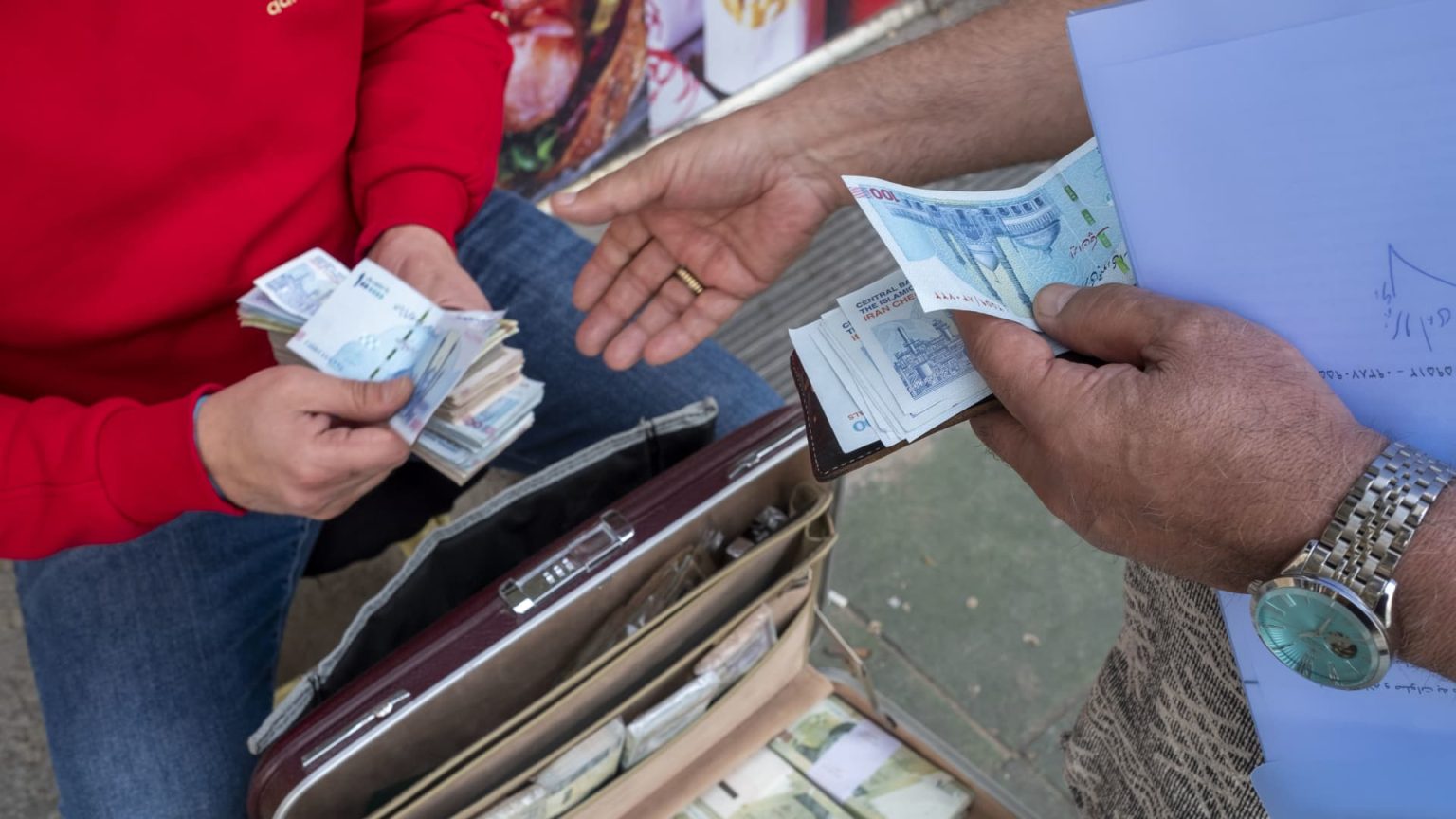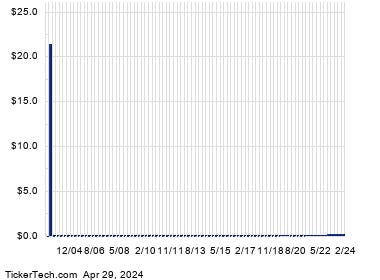Iran’s currency, the rial, hit a record low against the dollar following a missile and drone attack on Israel. The exchange rate was at 705,000 rials per USD on the unofficial market, compared to the government-set official rate of 42,000 rials per USD in 2018. The attack on Israel was in response to a suspected Israeli strike that killed Iranian commanders in Damascus. Israel claimed to have eliminated 99% of the threats directed towards it during the attack, which was described as “unprecedented” by U.S. President Joe Biden.
This direct attack on Israel from Iranian territory is likely to escalate tensions in the region and could result in further trade and diplomatic restrictions on Iran. The rial was already facing pressure from high inflation caused by U.S. sanctions imposed during the Trump administration, which also impacted Iran’s key exports of crude and oil products. Israel has requested an emergency meeting of the U.N. Security Council, while Biden has called for a meeting of the G7 to address the situation.
The attack on Israel marked a significant escalation in the conflict between the two countries. This event highlighted the ongoing tensions in the Middle East and the potential consequences of military actions on the region. The weakening of the rial against the dollar reflects the economic instability in Iran, exacerbated by the impact of U.S. sanctions on the country’s economy.
The situation emphasizes the importance of diplomatic efforts to address conflicts in the region and prevent further escalation. The involvement of international organizations such as the U.N. Security Council and the G7 reflects the concern of the global community over the implications of the attack on Israel. It underscores the need for a coordinated response to address security threats and maintain stability in the region.
The attack on Israel and the subsequent impact on the rial’s exchange rate highlight the complex geopolitical dynamics in the Middle East. The involvement of multiple countries and the potential for further conflict underscore the need for a diplomatic solution to address the underlying issues fueling tensions in the region. The economic repercussions of the attack on Iran’s currency further underscore the interconnected nature of security and economic stability in the region.
Overall, the attack on Israel and its impact on Iran’s currency underscore the need for a coordinated international response to address security threats in the Middle East. The escalation of tensions between Iran and Israel highlights the fragility of the situation in the region and the potential for further conflict. Diplomatic efforts will be essential to prevent further escalation and stabilize the situation in the region.















